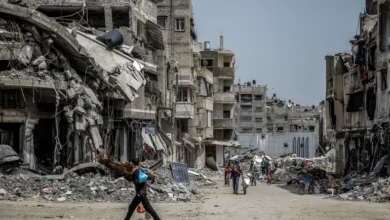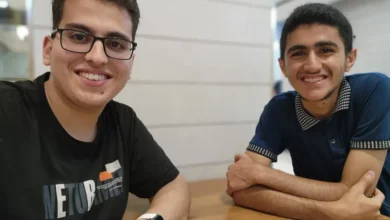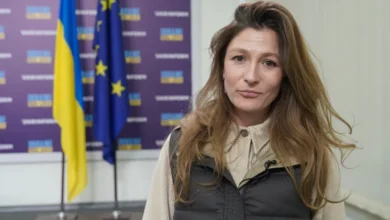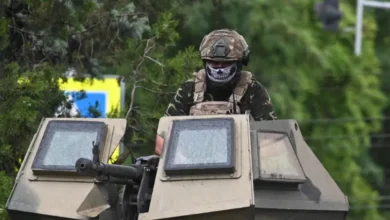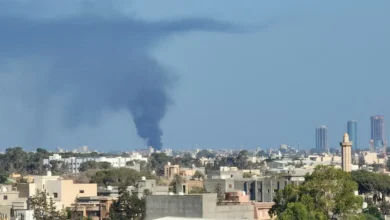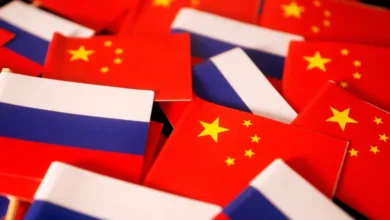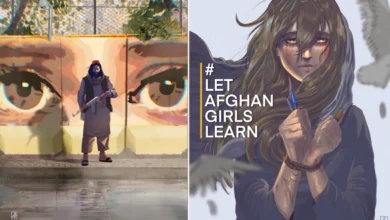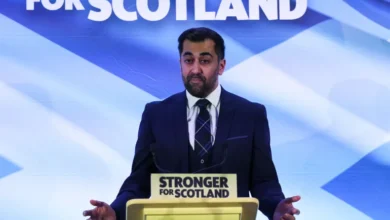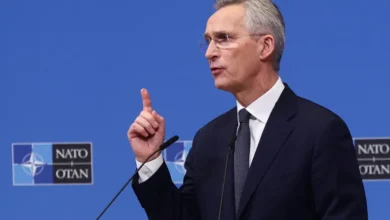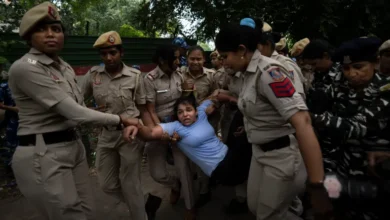UN Security Council ends mission in Sudan

At the request of Sudanese authorities, the UN Security Council on Friday ended the world body’s political mission in the African country ravaged by more than seven months of fighting between two rival generals.
Taking note of a letter from Khartoum demanding an immediate end to the United Nations Integrated Transition Assistance Mission in Sudan (UNITAMS), the Security Council adopted a resolution terminating its mandate as of Sunday.
Starting Monday, a three-month transition period would begin to allow for the departure of UNITAMS personnel and the transfer of its tasks to other UN agencies “where appropriate and to the extent feasible.”
The UN mission in Sudan employs 245 people, including 88 in Port Sudan, as well as others in Nairobi and Addis Ababa, UN spokesman Stephane Dujarric confirmed last month.
Fourteen of the council’s 15 members adopted the resolution, while Russia abstained.
“Let me be clear. The United Kingdom would not have chosen to close UNITAMS at this moment,” said Britain’s deputy UN envoy James Kariuki, whose country drafted the text.
“The need for the UN and international community to support the Sudanese people has not reduced.”
In the text, the council expressed “alarm at the continued violence and humanitarian situation, in particular violations of international humanitarian law and grave human rights violations and abuses” in Sudan.
It called on all parties to “immediately cease hostilities, facilitate humanitarian access… and seek a negotiated solution to the conflict.”
UNITAMS was put in place in 2020 to help support a democratic transition in Sudan following the fall the previous year of veteran militant autocrat Omar al-Bashir, who faced pressure from both the military and mass protests.
But in October 2021, the difficult path to civilian government was cut short, when army chief Abdel Fattah al-Burhan assumed full powers in a coup.
On April 15, before a deal on resuming the transition to democracy could be signed, fighting erupted between the Sudanese army led by Burhan and the paramilitary Rapid Support Forces (RSF), led by General Mohamed Hamdan Daglo.
A few weeks later, Burhan demanded that UNITAMS chief Volker Perthes be sacked, placing blame for the violence on his shoulders.
The German diplomat, who was barred from returning to Sudan, ultimately stepped down in September, and has not been replaced.
Last month, saying the mission had been “disappointing,” the government in Khartoum demanded its immediate end, leaving the Security Council with virtually no choice but to withdraw, as the UN must operate with the host nation’s consent.

